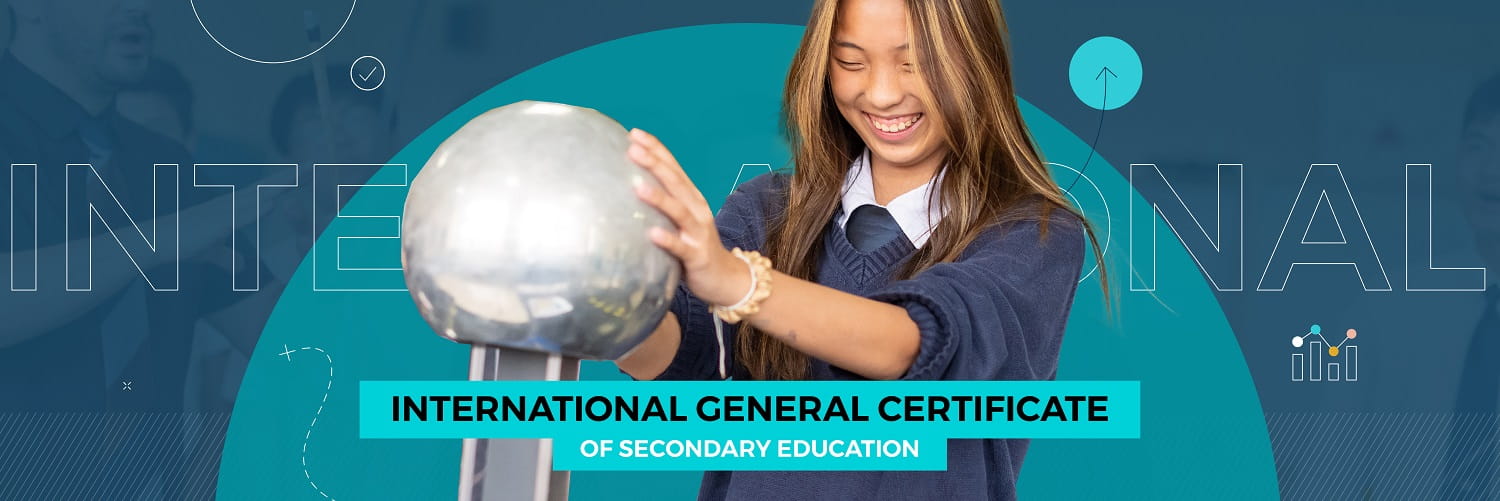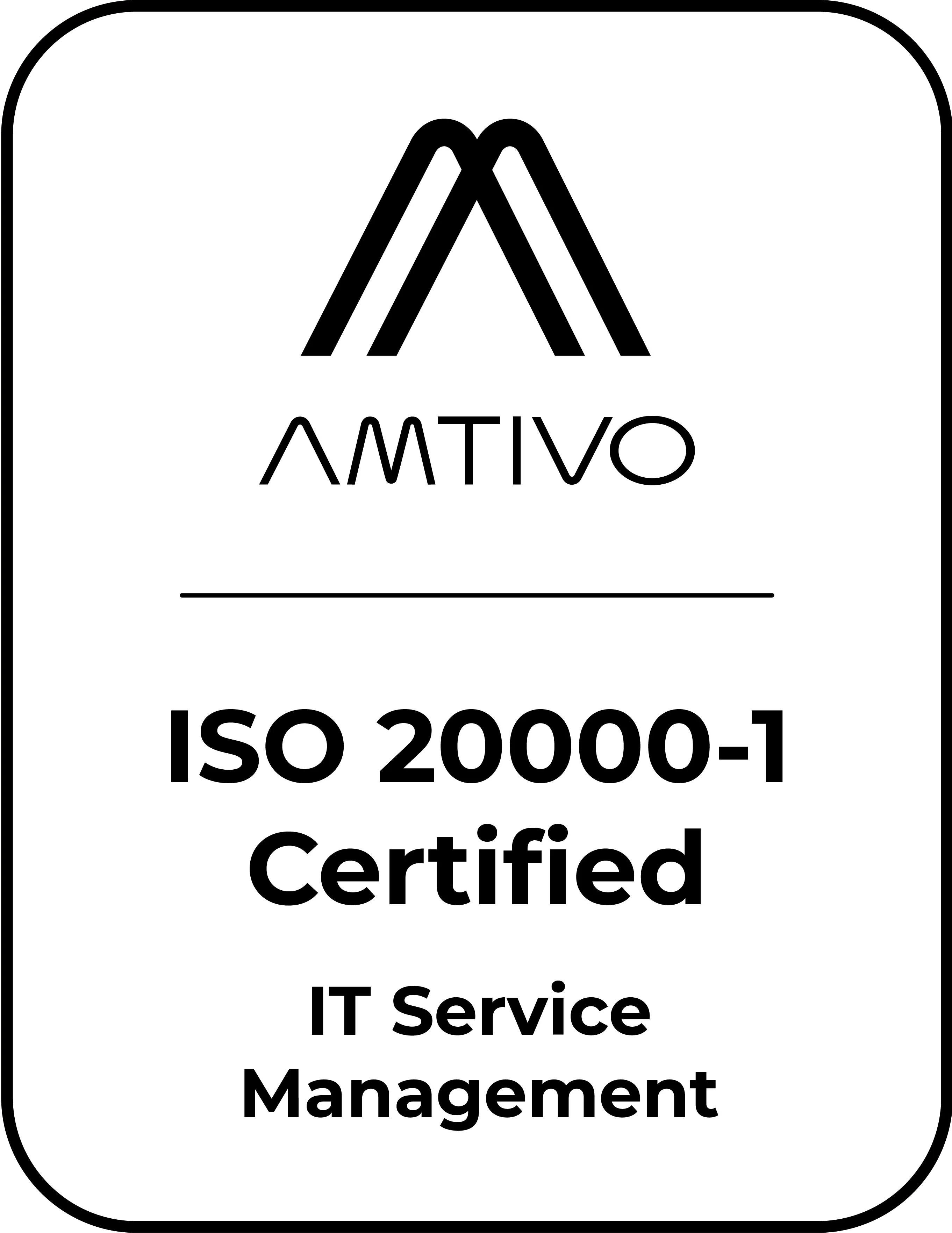The IGCSEs aim to prepare children for the best possible academic future, with the life skills necessary to be successful. Here are some of the benefits of the qualification:
Respected academic qualification
Your child will benefit from one of the most respected academic qualifications in the world. Thanks to the Lisbon Recognition Convention, IGCSEs are accepted as worthy qualifications in many countries around the world. The convention was signed by 45 of the 47 member states of the Council of Europe, alongside countries such as the United States, Canada, New Zealand, and Australia.
Accessible for all
IGCSEs have benefits for children of all ages and abilities and acts as a launching pad for a successful future. Some subjects even adopt a two-tiered structure, allowing your child to sit an exam that best aligns with their academic ability.
Lay the foundations for the International Baccalaureate Diploma
As the IGCSEs are academically rigorous and include compulsory exams, they offer a degree of challenge that can better prepare students from the IB Diploma Programme. By preparing and sitting examinations at 16, students develop analytical skills and study habits needed to do well.
Learn valuable life skills
The IGCSE curriculum works hard to ensure that students aren’t merely memorising a list of facts to pass their exams – critical thinking, evaluation, analysis, and communication skills are built into assessments. The intention is to develop an enthusiasm for intellectual inquiry.



/igcse_panel-1.jpg?h=1578&iar=0&w=1200&rev=a4510c26831b4cd2a4698302dd5234ce&hash=CD7ECFBCE6B9B2DDB8B824C2EBD6602F)
/ib_knowledge_v21-min/igcse_panel-2.jpg?h=961&iar=0&w=1200&rev=a3d9be86c46842c0ac235a7b8491a48f&hash=DDFE93A0B111707F81AECB4E2AC12909)
/ib_citizens_v21-min/igcse_panel-3.jpg?h=960&iar=0&w=1200&rev=d6ba7a434028404fbfeccd23fd6bc4dd&hash=9EA46EBA01944D184C38F861BD536101)

.jpg?h=1292&iar=0&w=1292&rev=f511ab9ed352417eaf8998dbdfb9ea5c&hash=E0062A2253C1926A6D21DFC26DD56109)








